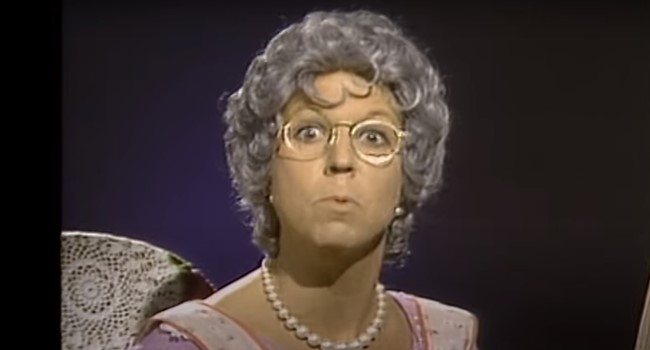
In March 2021, women were angry because of sexual inequality. Now, women will be mad because of sexual equality.
Mad as in crazy, that is.
In 2021, the NCAA’s practice of sexual inequality finally bit the NCAA in the rear, prompting the NCAA to hire the law firm of Kaplan Hecker & Fink LLP (“KHF”) to review gender equality issues in the NCAA.
KHF issued its Phase 1 Report on 02 August 2021. Here is the beginning of the executive summary:
-
“On the night of March 18, 2021, University of Oregon basketball player Sedona Prince posted a video on social media contrasting the spacious room full of assorted barbells and other weightlifting equipment provided to the men’s NCAA championship participants with the small, single tower of hand weights provided to the women’s NCAA championship participants at the start of the NCAA Division I Men’s and Women’s Basketball Tournaments. Like the contemporary equivalent of ‘the shot heard round the world,’ that video immediately went viral, and issues of gender equity at the NCAA took center stage in the news and the public consciousness. While the differences between the experiences of male and female players have been significant for years, seeing the student-athletes play in parallel COVID-19 ‘bubbles’ at the same time this year shined an unprecedented light on those differences for the world to see.
-
Indeed, as a result of the Sedona Prince TikTok video, even before the tip-off of the first women’s game, student-athletes, coaches, and the media began a very public, often photographic comparison on social media and elsewhere of the men’s and women’s tournaments in Indianapolis and San Antonio, respectively. Nearly every time, the women’s tournament fell short. As NCAA President Mark Emmert later acknowledged, ‘When you lay the men’s and women’s [Division I basketball] championships side by side, as has been made clear over the past weeks, it is pretty self-evident that we dropped the ball in supporting our women’s athletes, and we can’t do that.’
-
Although the disparities at this year’s Division I Men’s and Women’s Basketball Championships sparked a wide-ranging public discourse about gender equity within the NCAA, college sports, and sports in general, gender disparity is not something new to any of these areas. The NCAA, for example, did not sponsor a championship for women’s basketball, or any other women’s sport, until 1982 — more than 75 years after the association was founded. And even then, it opposed (ultimately unsuccessfully) the application of Title IX — the federal law prohibiting gender discrimination in educational programs and activities receiving federal funds — to college sports. The NCAA also to date has successfully resisted the application of Title IX to the NCAA itself.”
As to why the NCAA can be so secretive, ESPN reports, “The NCAA is a private organization, so it is not subject to Freedom of Information Act requests.”
Here is more about that Phase 1 Report from NPR:
Sexual inequality in NCAA basketball is supposed to be corrected (at least in part) as of March 2022 according to a 29 September 2021 report by the NCAA:
Will the NCAA treat men’s basketball and women’s basketball equally in March 2022?
Now, that the cat has been let out of the bag, one should not be surprised if the female players and their supporters decide to make more photo and video documentation of what the NCAA does for both genders.
Hey, perhaps the NCAA could learn something from the Space Jam movies. In them, the Looney Tunes basketball team has both genders on it.


You just know that Lola receives equal treatment. Otherwise she would be as mad as a March hare (although a rabbit and a hare are two different animals).
Featured Image is a screenshot of actress Vicki Lawrence portraying her “Mama” TV character. No, Mama doesn’t play basketball, but she is known to be mad occasionally.
The “Wanted” posters say the following about David: “Wanted: A refugee from planet Melmac masquerading as a human. Loves cats. If seen, contact the Alien Task Force.”
















